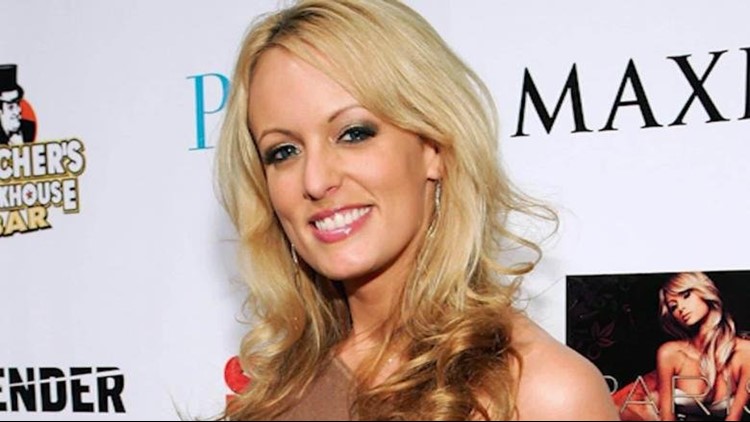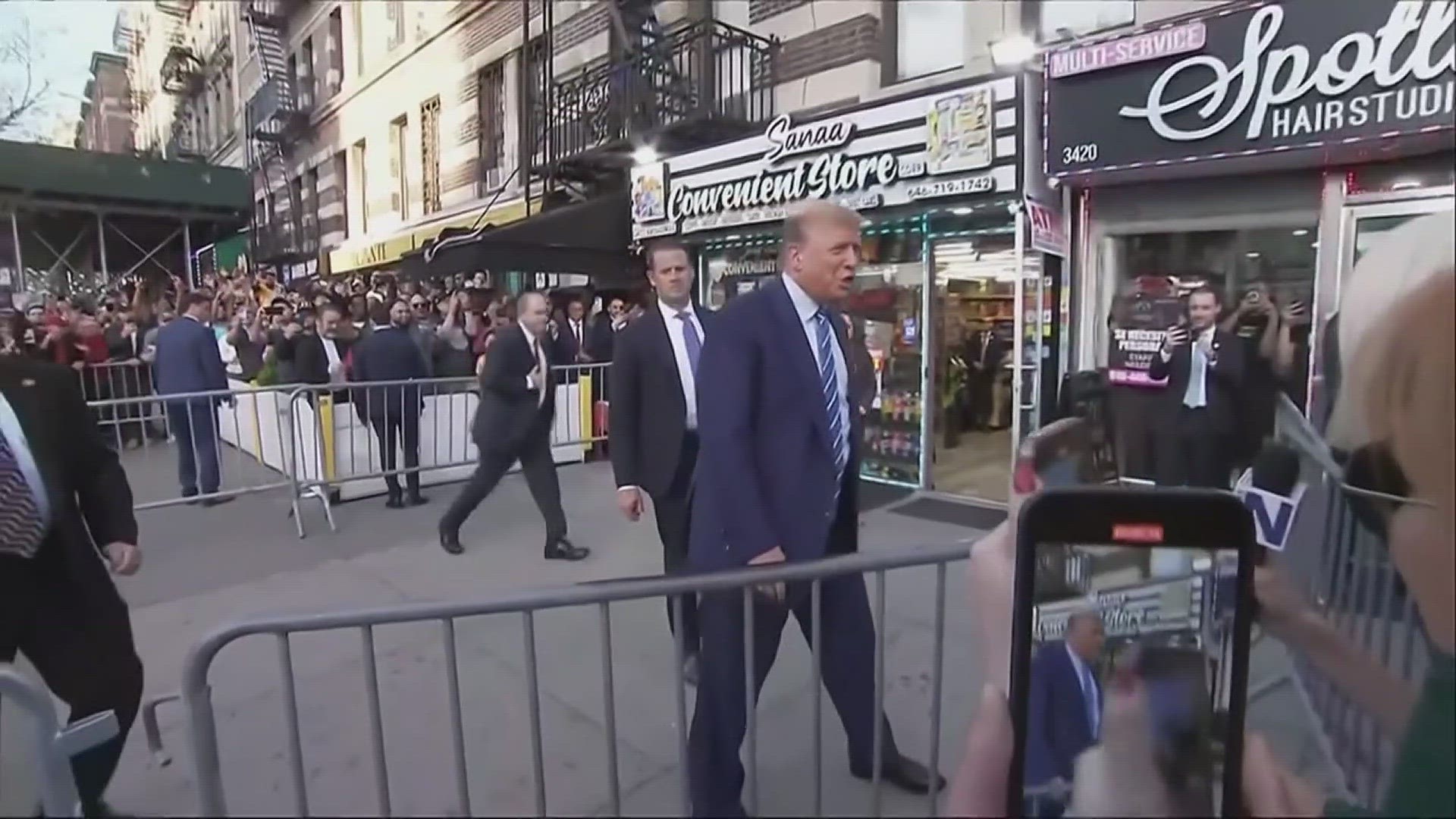(CNN) — President Donald Trump’s personal attorney Michael Cohen complained to friends he had not been reimbursed for a six-figure payment to a porn star alleged to have had an affair with Trump, The Wall Street Journal reported Monday.
Cohen previously said in a statement that he had facilitated a payment to Stephanie Clifford, better known as the porn star Stormy Daniels, but has denied that Trump and Clifford had an affair in 2006, as The Wall Street Journal previously reported.
The Journal report on Monday said First Republic Bank, the bank Cohen used to wire $130,000 to Clifford, reported the payment to the Treasury Department after flagging it as suspicious.
The Washington Post previously reported on a standoff between Clifford and Cohen weeks ahead of the 2016 election, when a lawyer for Clifford threatened that would end her silence on the alleged affair and Cohen ultimately wired money through a limited liability company he created shortly before the election.
That Post report also said Clifford’s attorney Keith Davidson was contacted by City National Bank in Beverly Hills, the bank Davidson used to receive Cohen’s payment, almost a full year after the payment.
The Journal noted that the lengthy lag between the payment and that inquiry is unusual and suggests the bank received information that made it review the matter. The Journal said the review could have come in response to a subpoena or to regulators, and the bank told the Post that it would not “confirm or comment on inquiries from regulatory agencies or law enforcement, including subpoenas.”
Asked for comment on the report, Cohen replied, “Fake news,” according to The Wall Street Journal.
News of the payment has prompted legal scrutiny, with watchdog Common Cause calling for investigations from the Department of Justice and Federal Election Commission into whether the payment might have violated campaign finance laws. The Common Cause complaint asserts that if the payment to Clifford had been made to influence the election, it would be an undisclosed “in-kind” contribution to the campaign, and if not from Trump personally, it would violate not only the disclosure rules but also the donation limit.
Cohen confirmed in a statement following Common Cause’s complaint that he used his “personal funds to facilitate a payment of $130,000 to Ms. Stephanie Clifford,” and that he did so without the Trump Organization or campaign as a party to the transaction. He said in the statement that neither entity reimbursed him for the payment.
The statement did not say if Trump personally reimbursed him for the payment, and The Wall Street Journal’s story on Monday cited people familiar with the matter who said Cohen complained after the election that he had not been reimbursed.
The statement also said the payment was lawful, but it did little to stamp out criticism from legal corners. Common Cause said the statement was an apparent confirmation of Cohen violating campaign finance law because it was an effort to influence the election by keeping Clifford from speaking to the public about the alleged affair.



